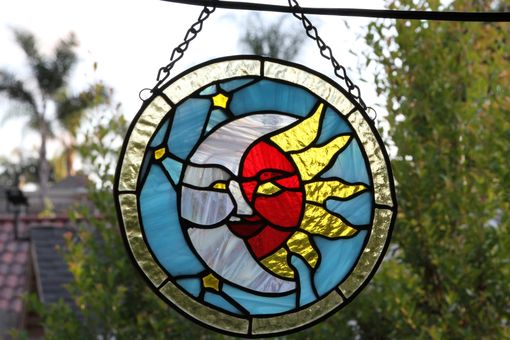
One of our members recently shared that, despite her success at becoming someone who weighs less, she was feeling a lot of anxiety about backsliding. (She had done this many times in the past.)
Others who are not quite as far along in their journey may be feeling anxious that they might not succeed…because all of their previous attempts had failed.
It makes sense. Our expectations for the future are based on our past experiences. Except that this doesn’t take into account what’s changed.
New tools create new results
Brock offered a great analogy:
“In the past, you were like someone who was given the keys to fly a plane but had never been trained to be a pilot. So of course you struggled. It makes total sense. But now you have read the manual, done the training, and are ready to do some solo flights. Sure, you may still make some mistakes, you will have moments of doubt, but you will not crash the plane.”
Brock then invited her to make a list of all the tools that she had at her disposal the last time she was attempting to maintain a weight loss. She immediately got it.
“There were no tools! There were just systems that I was either on or off. So yes, this is different. I need to acknowledge the skill layers I’ve built through Weighless. This is definitely an aha moment and a big confidence builder.”
Letting go of past failures
One way to combat anxiety about the future is to understand–and then let go of–our past failures. We can’t blame our past selves for failing at something we had never been shown how to do. Then, we need to acknowledge the steps we are taking to create a different outcome. This allows us to face the future with confidence.
We may face some turbulence. But we will not crash the plane.
What steps are you taking to create a different outcome? What would make you feel more confident about your future?


